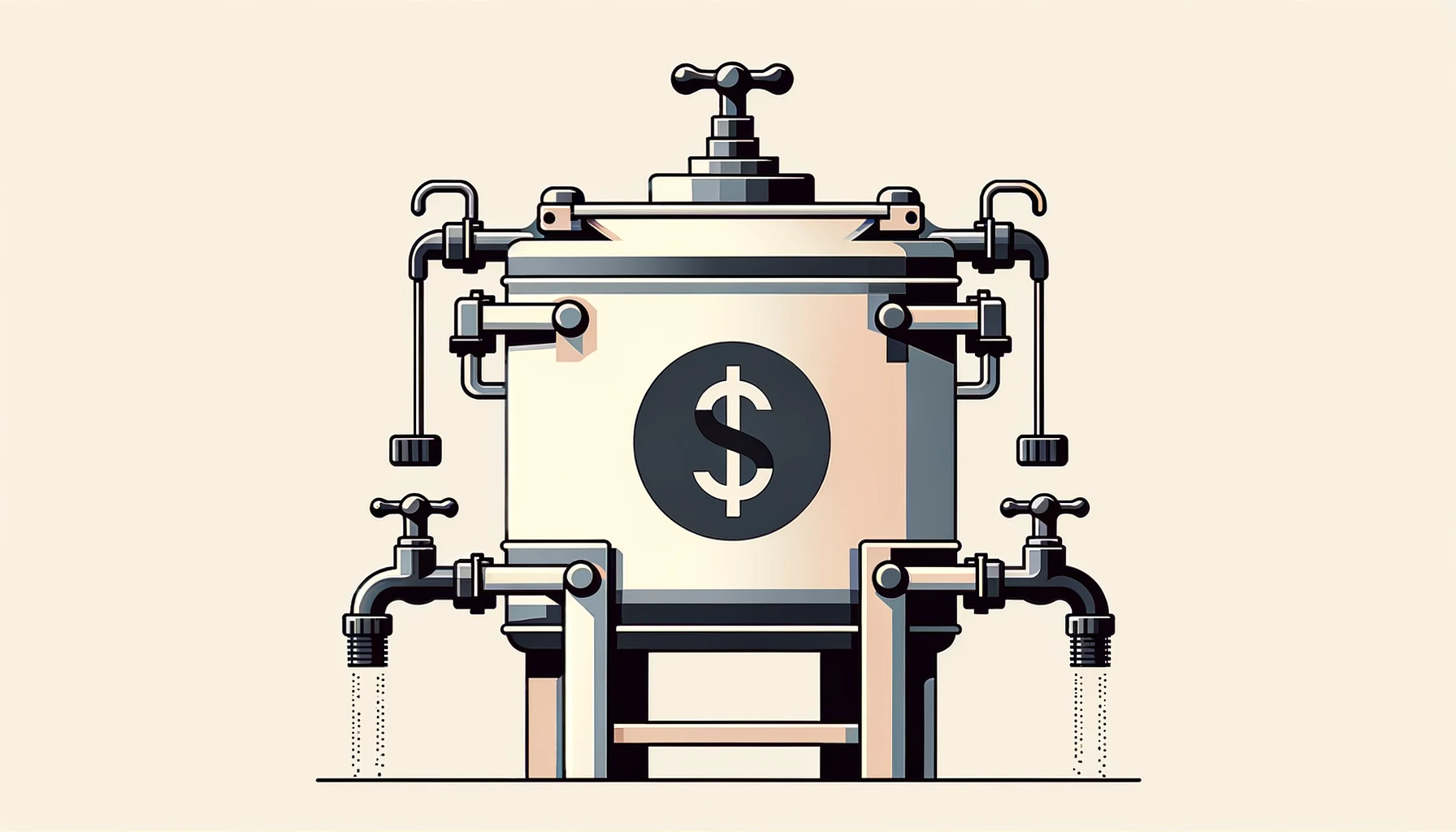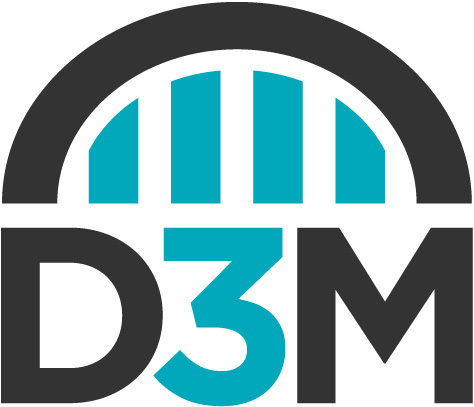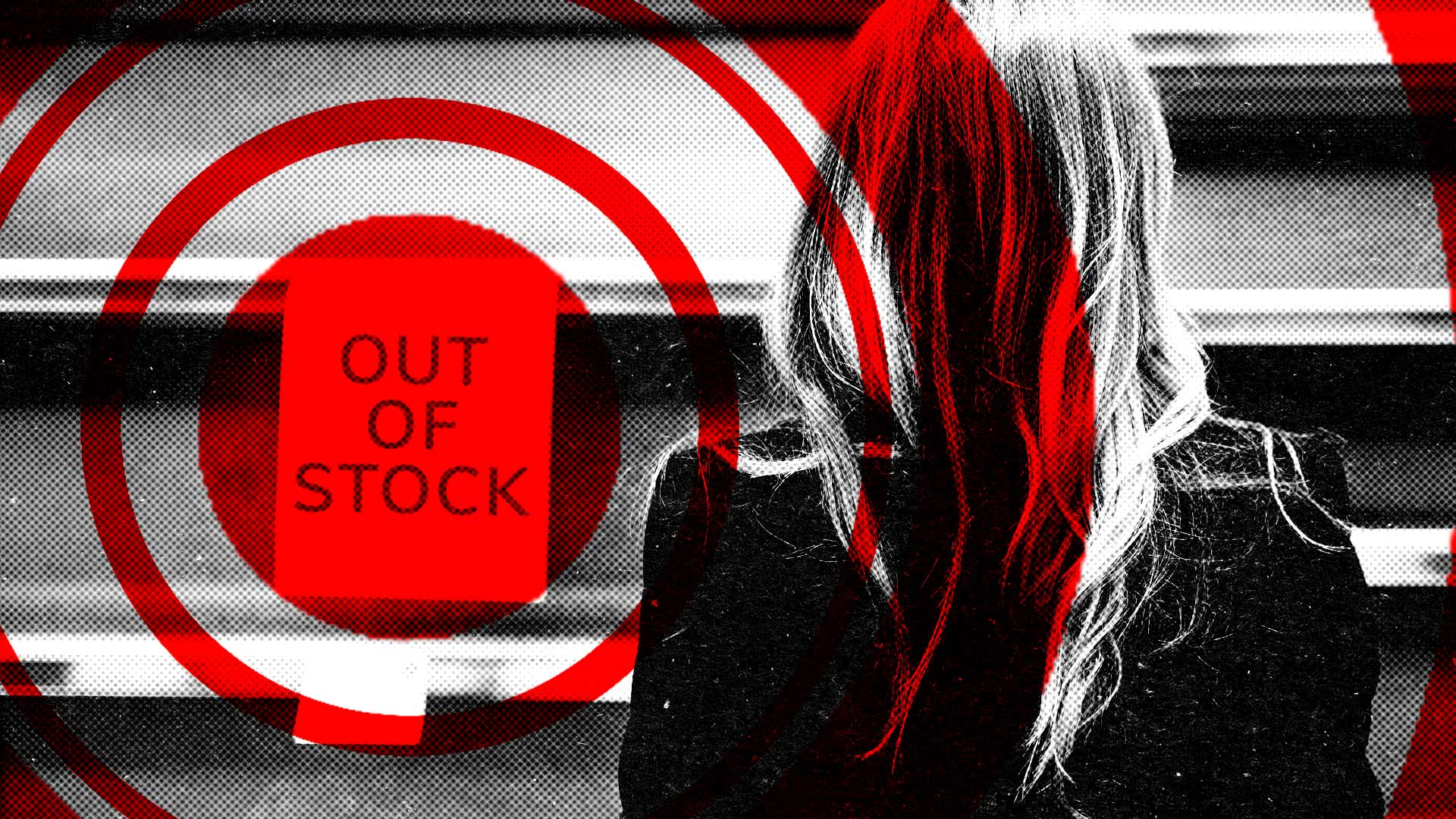The following content is drawn from D3M analysis here on distribution of losses in Lebanon.
The following talking points are recommended:
- TALKING POINT 1: Banks are feeding on depositors money to cover the financial sector’s losses
- TALKING POINT 2: Domestic regulations and international standards dictating accountability are being intentionally evaded
- TALKING POINT 3: The waterfall of losses needs to be implemented to protect depositors
- TALKING POINT 4: Bank restructuring is crucial in restoring trust in the financial system
TALKING POINT 1: Banks are feeding on depositors money to cover the financial sector’s losses
Key Message:
Banks should take full responsibility for the financial collapse they caused and transfer the burden of losses on culpable stakeholders instead of the bail-out currently imposed on depositors.
- Lebanese commercial banks have locked depositors out of their life savings and are illegally converting depositors hard-earned money from USD to LBP at devalued rates.
- Such illegitimate practices are the result of the futile mismanagement of Lebanon’s financial sector, which exponentially increased debt and dried up dollar reserves.
- Taxpayers are shouldering the financial sector’s meltdown through a forced bail-out of losses instead of a bail-in by the stakeholders responsible for the crisis.
TALKING POINT 2: regulations and international standards dictating accountability are being intentionally evaded
Key Message:
Lebanon’s politico-financial elite are intentionally turning a blind eye to national laws and international standards which dictate financial accountability in a financial crisis in order to protect the banking sector.
- Declaring the magnitude of the financial losses is a key prerequisite for a fair distribution of losses, which would require banks to acknowledge their insolvency.
- Lebanese law and international standards guiding a structured bail-in exist, such as Law 2/67 and the Total Loss Absorbing Capacity (TLAC) international standard.
- Law 2/67 and TLAC dictate an orderly waterfall of losses through a return to accountability on culpable stakeholders, mainly the banks’ management and shareholders.
- BDL and the commercial banks are resisting the official declaration of their bankruptcy to protect their own purse and interest, therefore hampering the application of these regulations and norms.
- Officially acknowledging bankruptcy will mean that the imposed bail-out can stop, and the bail-in can start.
TALKING POINT 3: The waterfall of losses needs to be implemented to protect depositors
Key Message
The hierarchy of liability protects depositors while transferring the burden of the financial crisis on those responsible, and that is why the politico-financial elites are impeding the bail-in.
- According to law 2/67, the bank’s management should be liable to cover the bank’s debt following an investigation by the judiciary.
- Lebanon should uphold TLAC, also known as the “bail-in waterfall”, which sets the banks’ shareholders as the first to bear the brunt of financial losses to the greatest extent, followed by large depositors (>250 000 $).
- In order to compliant to international standards, large depositors’ source of wealth should be audited, and a higher share of inclusion should be adopted to cover the financial losses, in cases where the source of wealth cannot be justified.
TALKING POINT 4: Bank restructuring is crucial to restoring trust in the financial system
Key Message
Banks should shift towards a financial system that protects depositors, spurs equitable growth, and relieves the national debt burden while avoiding disruptions by political considerations.
- Due to the severity of the crisis in Lebanon, several banks will be unable to recover by themselves and will need to be merged with other banks.
- A restructured, well-regulated banking sector will restore the trust of Lebanese and international depositors and will therefore spur the economy.
- Bank restructuring will however be resisted by political elites in order to preserve their sectarian grip over the financial sector; such dreadful practices should be rejected under the pretense of financial recovery.




